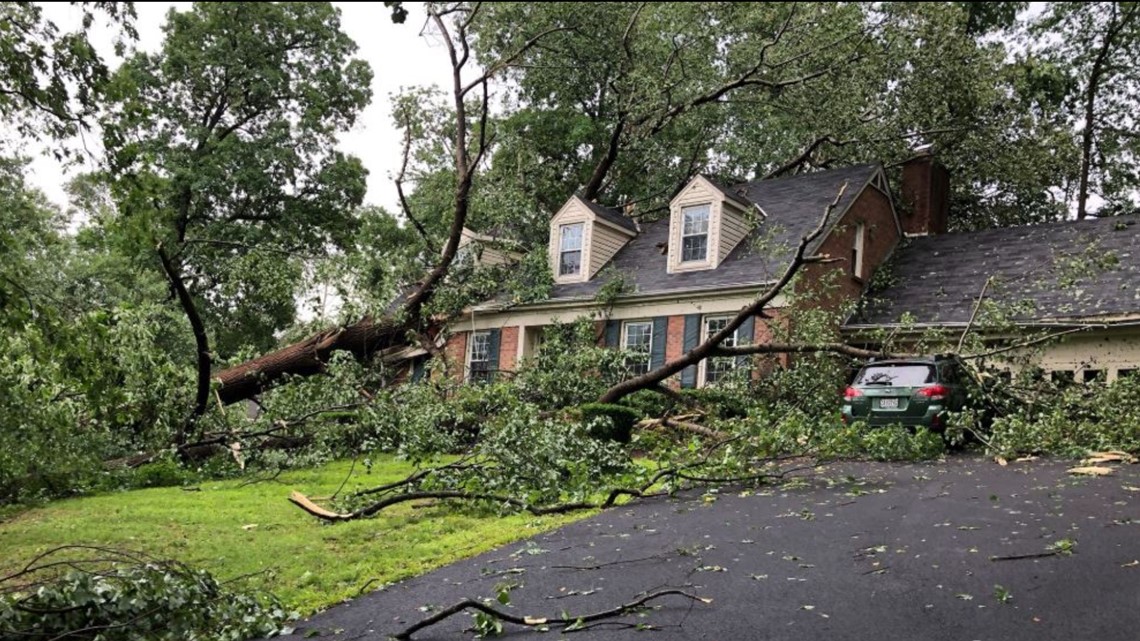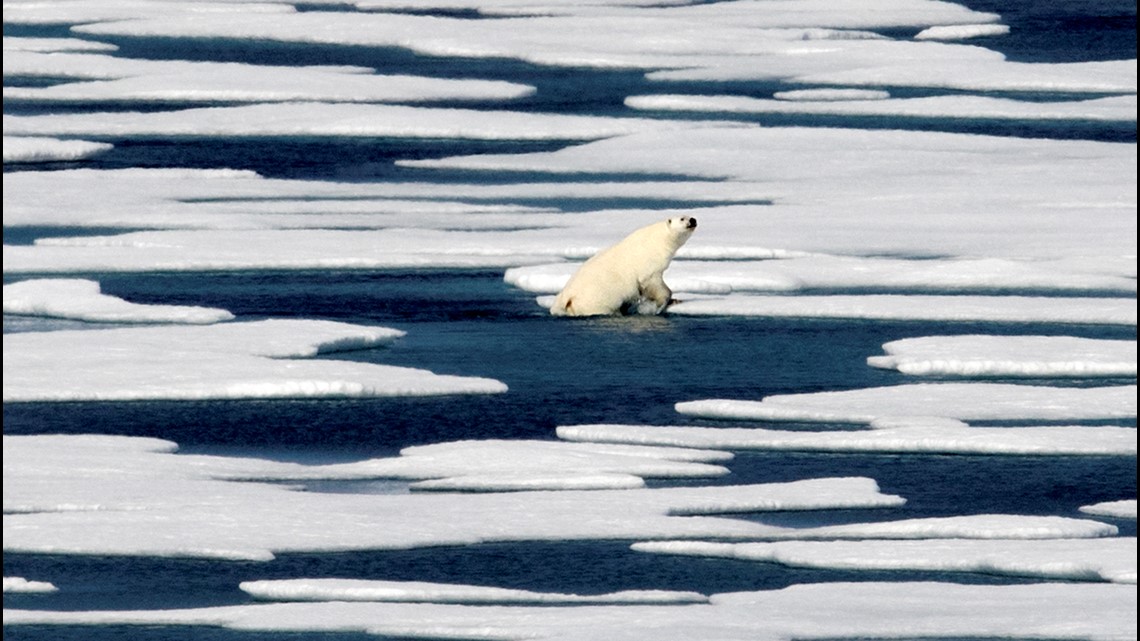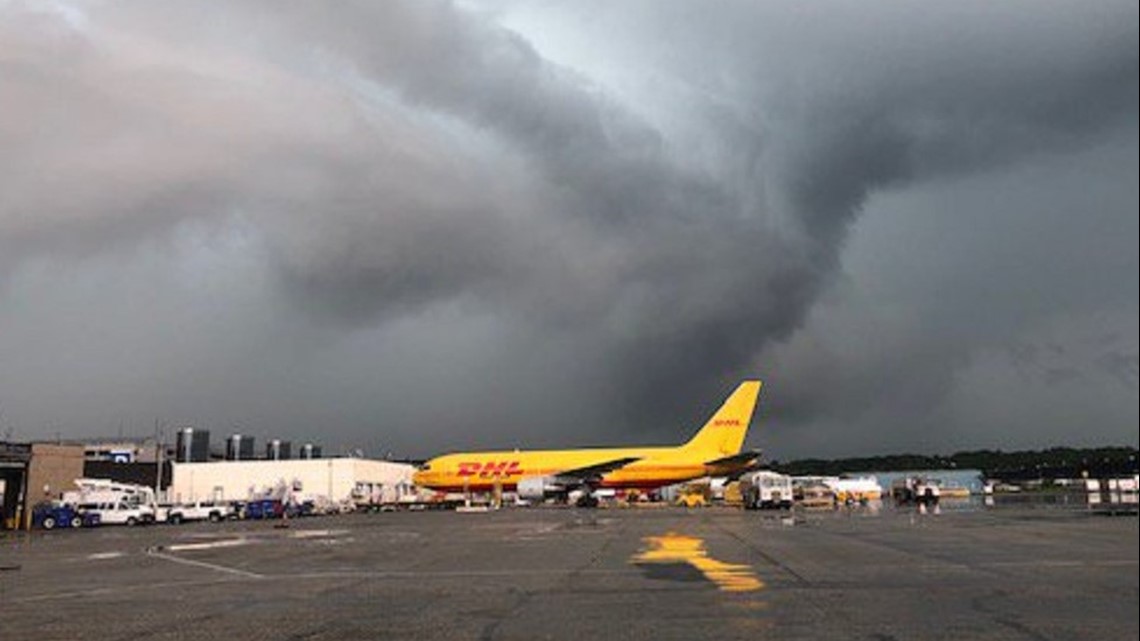GLENELG, Md. — As storm damage cleanup continued Friday, weather officials confirmed that it was a tornado that struck Howard County Maryland on Thursday.
New video showed the funnel cloud raking the Glenelg area about 11 miles west of Ellicott City. It was the second tornado to strike the county in just one week.


Climate scientists caution that one season's outbreaks of severe weather, no matter how extreme, can't be attributed to climate change.
But this season's pattern that has produced record flooding and a heavy outbreak of tornadoes in the Midwest, along with extreme heat in the Southeast and unusual amounts of late season snow in the west is directly tied to a record outbreak of heat in the Arctic.


\"It's been extremely warm over the Arctic Ocean," Dr. Mark Serrez , director of the National Snow and Ice Data Center in Boulder Colorado, said.
The NSIDC has documented record-low amounts of arctic sea ice in April, and near record lows in May.
Serrez explained that events in the Arctic are tied to an unusual jet stream pattern that has produced a pulse of warm air pushing over Alaska, and a corresponding dip in the jet stream over North America that has produced the extreme weather being seen in many regions including the Mid Atlantic states.
"What's happening in the Arctic is very much connected," Serrez said.
At the Woods Hole Reasearch Center, climate researcher Jennifer Francis says that a long-term warming trend in the Arctic is likely to reproduce similar episodes in the future.


"It's very consistent with what we expect to see happening as the Arctic continues to lose its ice and continues to warm up faster than elsewhere," Francis said.
Serrez predicts that within 40 years, the Arctic Ocean may be completely ice-free in some summer seasons which may amplify warming in other regions of the planet because open water captures heat that is reflected away by ice.

